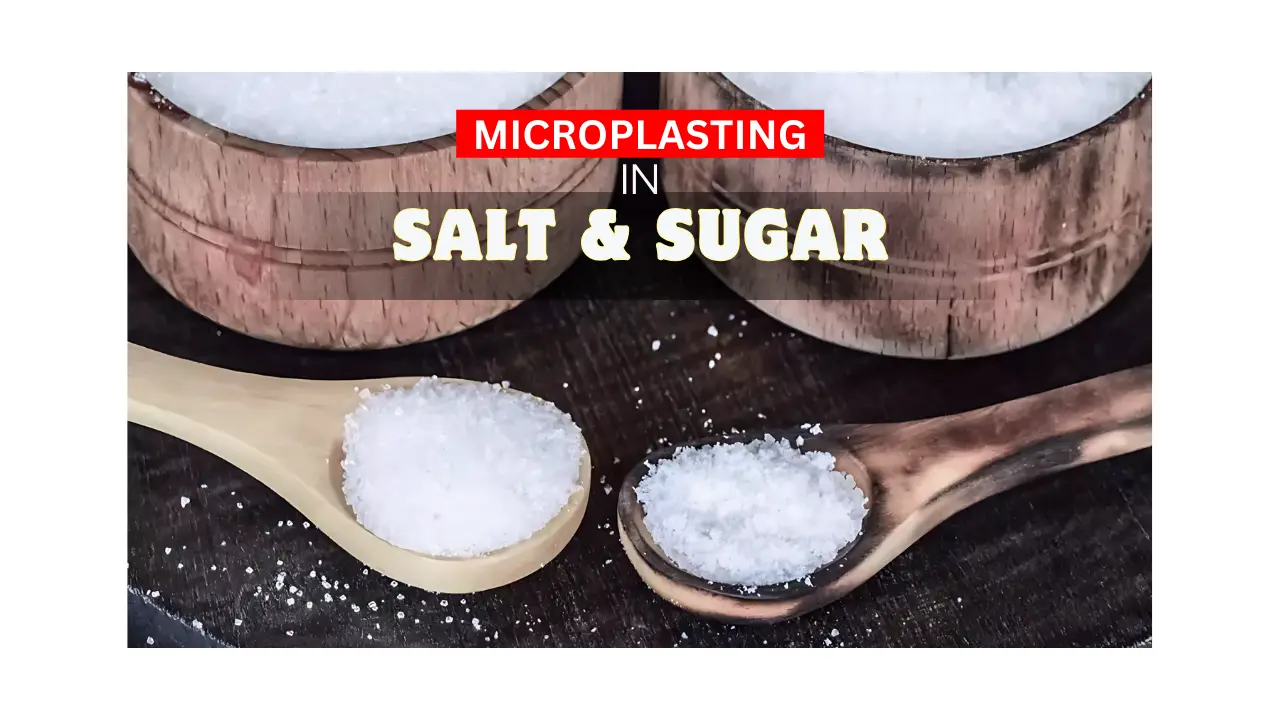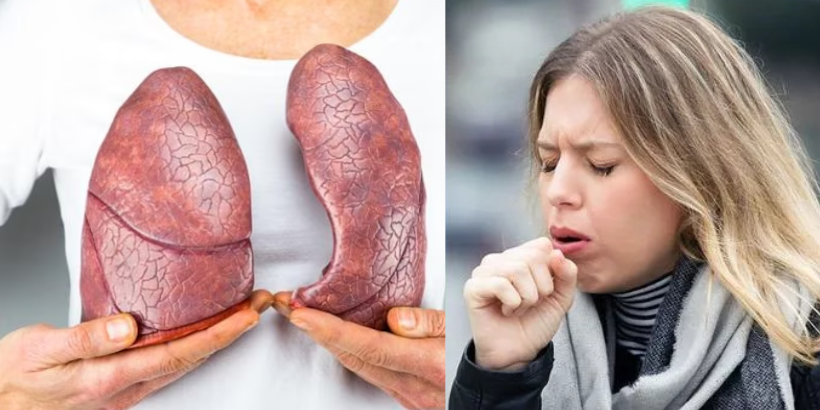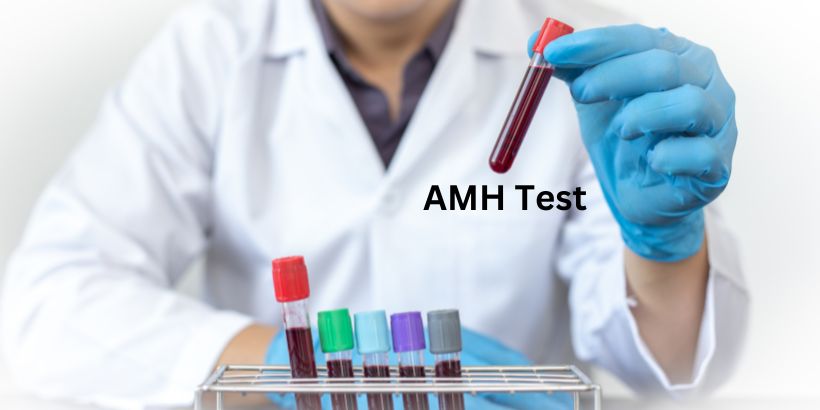Every brand of salt and sugar marketed around the nation now contains microplastics, according to a recent research.
Ten different brands of salt and sugar—both packaged and unpackaged—were investigated by the environmental group Toxics Link and detected microplastics in every sample. Measuring fewer than five millimeters, these microplastics cause great worry.
Iodized Salt Demonstrates Highest Contamination
With 89.15 microplastic particles per kilogram, iodized salt was the most polluted product the survey turned up. With 6.70 particles per kilogram, organic rock salt was somewhat better, but the existence of microplastics in this ostensibly pure form still bothers me. The microplastics in sugar ranged from 11.85 to 68.25 pieces per kilogram; non-organic sugar showed more levels. Ninety microplastics found in one kilogram of salt highlight the seriousness of the problem.
Health Problems Connected to Microplastics
Daily average Indian consumption of salt and sugar exceeds recommended levels set by the World Health Organization—about 11 grams of each. By upsetting hormonal balance, constant microplastics intake can compromise health. Some research have connected microplastics exposure to immune system disorders, reproductive problems, and even cancer. Therefore, the existence of these particles in our food chain is quite alarming.
Essential Remarks to Solve the Problem
- Several actions have to be taken to address the microplastics in food issue:
- Strict rules should be followed from raw materials to the finished good, so strengthening monitoring throughout the food production and packaging processes.
- Emphasize research and development in pursuit of practical solutions to cut microplastics from the supply chain.
- Raising public awareness is important. Share with the public the threats microplastics present.
- Engage in worldwide initiatives to solve this common problem in collaboration internationally.
Although it is difficult, the health and safety of next generations depend on a food supply free of microplastics. The results of this study underline how urgently action is needed.
#Microplastics #FoodContamination #HealthConcerns #EnvironmentalImpact #ToxicsLink





